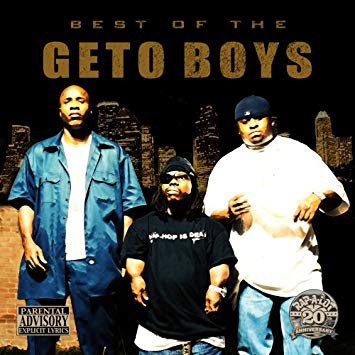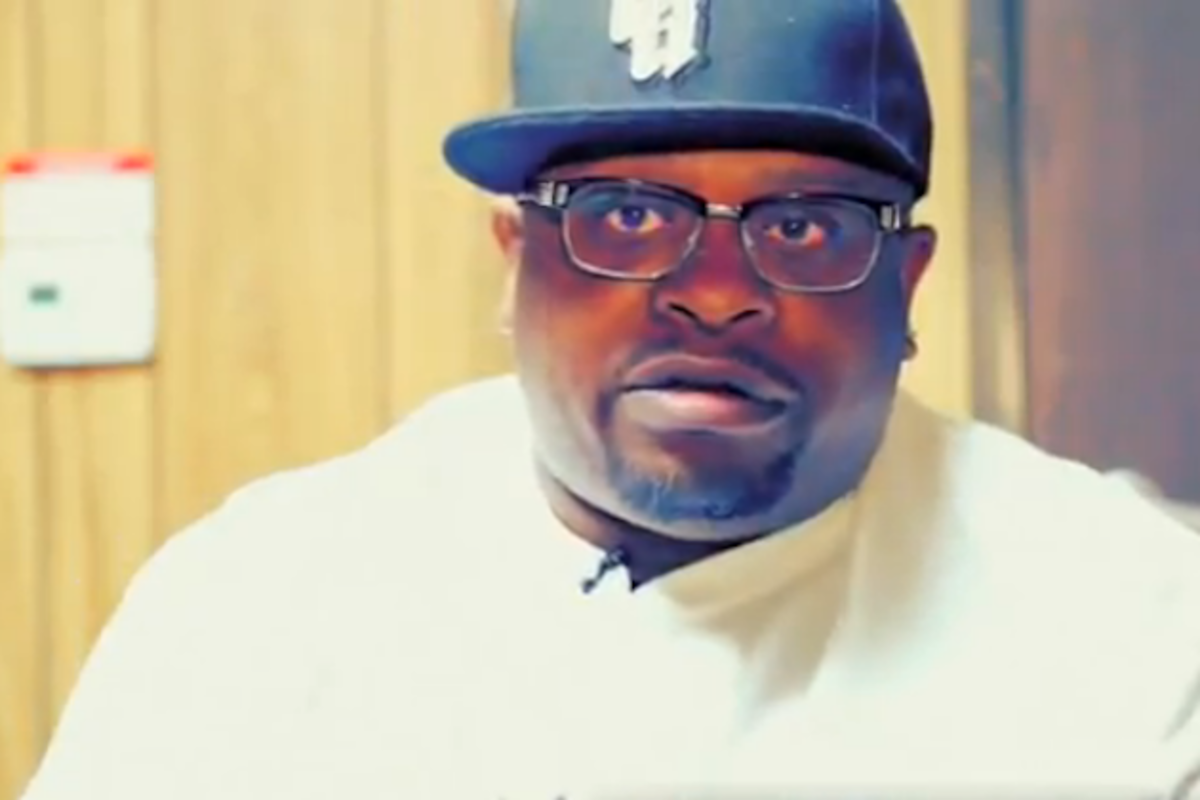

Try to imagine the development of the genre WITHOUT its most anti-social components. If the rappers weren’t doing wild ass shit, they were probably reporting on some wild ass shit. Just take a look at your preferred album from rap’s classic canon. A large chunk of our favorites are rooted in some level of criminality and aggression.

Well, I’m not sure I know precisely why either, but I do know that rap is a genre that’s been based on competition since its earliest days. I know you’re probably wondering why anyone cares about anything as niche as the “Hardest Rap Album” ever.

Below that you’ll find the writeups for all 35 albums, starting with champion Mobb Deep’s The Infamous in the East region.Īn Introduction to the Hardest Rap Bracket If this is the first time you’re hearing of the tournament, below you’ll find Deen’s introduction to help you understand why we would host such a thing. Len, Nine, Punchline, Tiye Phoenix, and Jean Grae, “Protective Custody” saw the succession of spitters giving their critique of corrupt officers policing their community and lamenting the lack of justice afforded to blacks.Thank you for voting in the Hardest Rap Album of All Time bracket. Fresh, Pharoahe Monch, Common, Kool G Rap, Posdnuos, Rah Digga, Shabaam Sahdeeq, and Sporty Thievz joined Talib Kweli and Yaasin Bey in their quest to unify the people and cast aspersions on law enforcement.Īnother song from Hip Hop for Respect, an EP that struck a chord with the public was “Protective Custody,” which paired Talib Kweli and Yaasin Bey with fellow sociopolitical-minded rappers.įeaturing Breeze Brewin, Donte (of Mood), El-P, Imani Uzuri, Jah-Born, John Forté, Main Flow, Mr. Calling for justice within the black community in light of the police brutality running rampant, rappers Doug E. On “One Four Love,” from the 2000 project Hip Hop for Respect, several rap stars team up to fight the powers that be, in response to the 1999 murder of Guinean immigrant Amadou Diallo, who was shot 41 times by NYPD plainclothes officers in the Bronx. The pain and suffering as a result of those tragedies have accounted for some of the most impassioned songs denouncing various law enforcement agencies and calling for reform - if not abolition - of police forces nationwide. However, specific instances, such as the assault of Rodney King, as well as the murders of Amadou Diallo, Sean Bell, Oscar Grant, Mike Brown, Sandra Bland, Jeremy McDole, and countless others at the hands of the police have sent the hip-hop community into a rage.

famously taking the LAPD and other police departments across the country to task with the incendiary salvo “ Fuck tha Police” in 1988 to KRS-One undressing African-American officers abusing their power on “ Black Cop” in 1993, artists from all regions aired their grievances with the racially-motivated tactics of the boys in blue. Before and after Chuck D and Public Enemy helped coin that phrase with their seminal 1989 contribution to the Do The Right Thing soundtrack, hip-hop artists have spoken on the strained relationship between the criminal justice system and the Black community, with law enforcement being the main target of that ire.ĭuring the ’80s and ’90s, the anger built from decades of watching minorities being victimized by those sworn to serve and protect began to spill into the lyrics of rap’s biggest stars. In hip-hop, “fighting the powers that be” is a sentiment and call to action that is all too familiar. In light of the ongoing Black Lives Matter protests and calls for justice worldwide, we look back on 10 instances where rap artists were inspired to speak out against police brutality and corruption on wax.


 0 kommentar(er)
0 kommentar(er)
